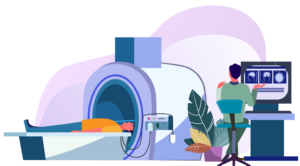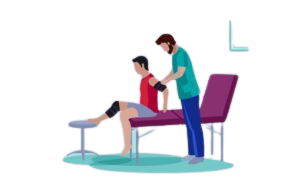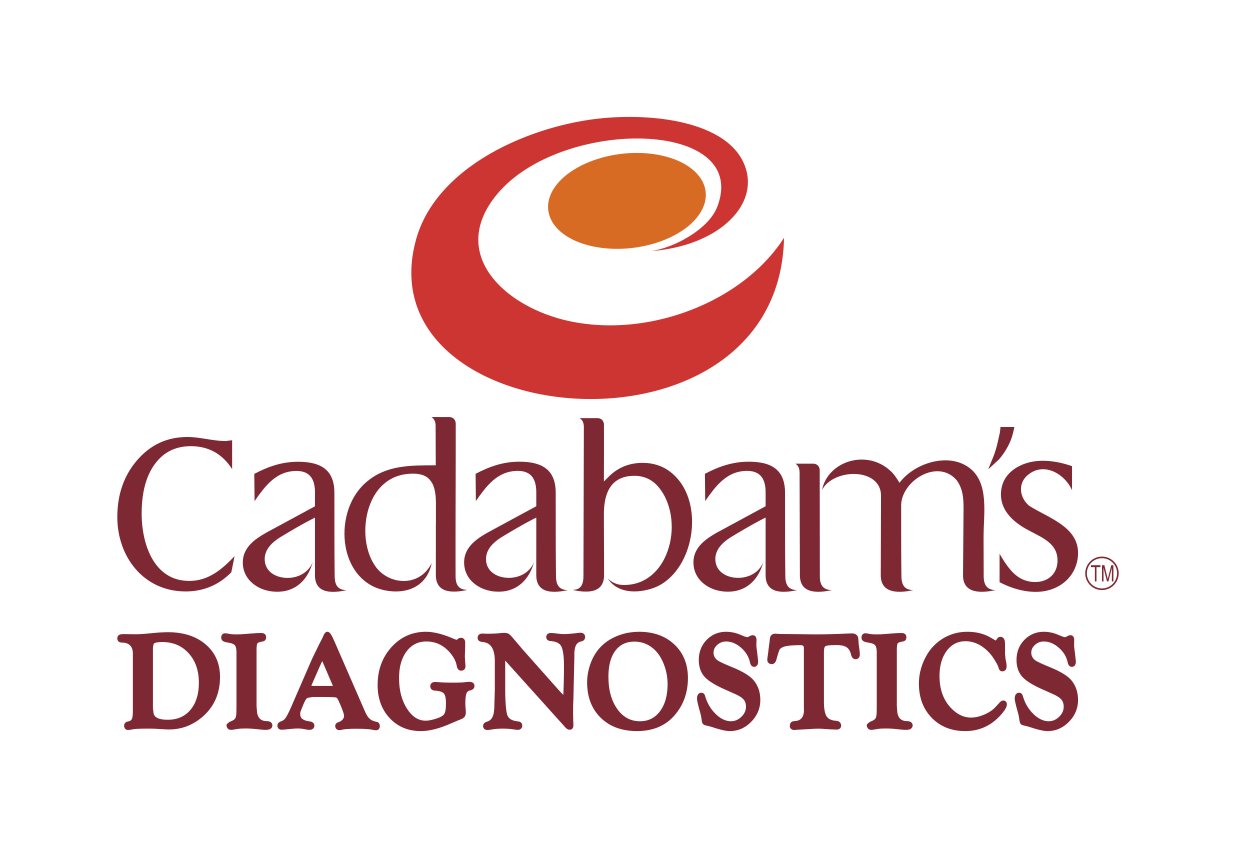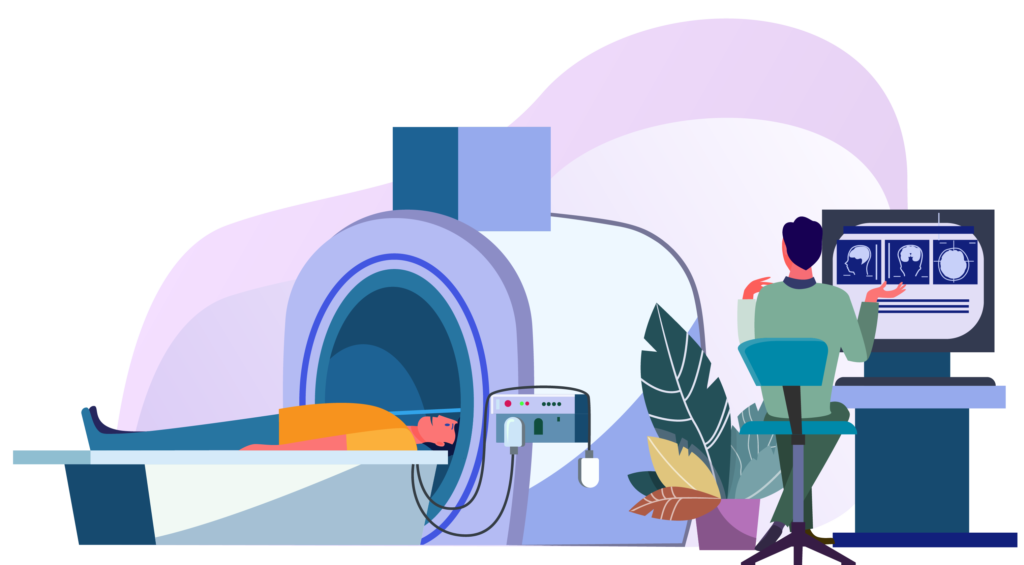Reliable Fetal Interventional Services in Bangalore
- Experienced Staff
- 20 Years of Experience
- Advanced Lab facility
- Cost-effective
Why Opt for Us?
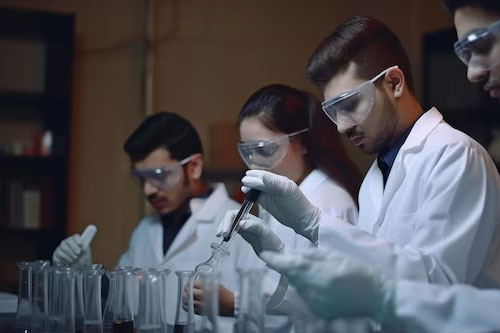
Expert doctors
Dr Pradeep Srinivasan is a very renowned fetal radiologist with close to three decades of experience in the field and has done hundreds of procedures.

Cost-effective services
At our center, we understand that medical expenses can be a burden on patients and their families. That's why we offer cost-effective services without compromising on quality.
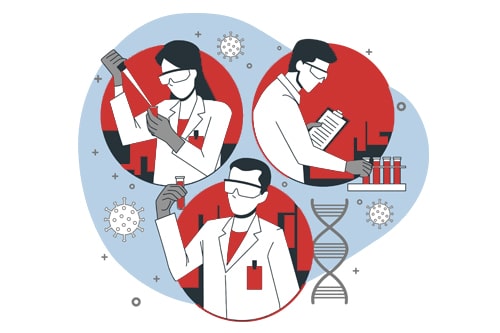
Advanced lab facility
Our best diagnostic labs in Bangalore are equipped with the latest technology and equipment to provide accurate and timely results.

Three decades of experience in health care
With over 30 years of expertise in the industry, we put our client first and help them have a wonderful experience.
Fetal diagnostic interventions are doneat our Best Diagnostic in South Bangalore to gather information about the health and development of the fetus. Here are some reasons why these may be recommended:
- Genetic testing: One of the primary reasons for doing any of the interventions are to detect certain genetic disorders or chromosomal abnormalities in the fetus. It can help identify chromosomal conditions such as Down syndrome, Edwards syndrome, Patau syndrome, and other sex chromosome related disorders etc. The procedure allows for the analysis of the fetal cells present in the amniotic fluid/ the placenta, providing valuable information about the baby’s genetic makeup.
- Advanced maternal age: Higher risk of child with chromosomal disorders are known in Women who conceive at an older age. Amniocentesis in Bangalore can be recommended to assess the fetal chromosomes and detect any potential genetic disorders associated with advanced maternal age.
- Family history: If there is a family history of certain genetic disorders, amniocentesis and CVS in Bangalore may be recommended to determine if the fetus has inherited any detectable genetic variants. It helps parents make informed decisions about the pregnancy and plan appropriate medical care for the baby if needed.
- Higher risk of abnormalities on other diagnostic tools: One of the common indications of doing these procedures is if there is increased risk of chromosomal abnormalities in other screening tools like thickened NT or short Nasal bone in NT scan. If the double marker blood test shows higher risk of any condition, Amniocentesis and Chorionic villous sampling in Bangalore can be used to confirm or rule out the same.
Amniocentesis is a medical procedure performed during pregnancy done with ultrasound guidance to collect a sample of amniotic fluid for diagnostic purposes. The procedure involves the fetal radiologist inserting a thin needle through the abdomen into the uterus to obtain a small amount of amniotic fluid, which surrounds the developing fetus.
Amniocentesis is typically conducted between the 15th and 20th week of pregnancy, although it can be performed earlier in certain cases. The collected amniotic fluid contains fetal cells, which is sent to the lab and can be analyzed to provide information about the baby’s genetic makeup, chromosomal abnormalities, and certain congenital disorders.
Amniocentesis is considered an invasive procedure and carries a small risk of complications, which are discussed prior along with genetic counselling by our experienced fetal specialist in Bangalore.
Chorionic villus sampling (CVS) is a prenatal diagnostic procedure performed during early pregnancy to gather information about the baby’s genetic health. It involves collecting a sample of small piece of tissue from the placenta called chorionic villi, which contain genetic material from the fetus. This tissue sample can be used to analyze the baby’s chromosomes and detect certain genetic abnormalities or disorders.
CVS is usually performed between the 10th and 13th week of pregnancy, though the exact timing can vary depending on the gynecologist or fetal specialist.
Prior to the procedure, a consultation is done by the fetal specialist and details of the procedure including counselling is done.
The most common method involves inserting a thin needle through the woman’s abdomen, guided by ultrasound imaging. The needle is carefully guided into the placenta to obtain a small sample of chorionic villi. The sample is given to the lab for testing and usually these results can take upto a month to come back.
CVS provides detailed genetic information about the fetus earlier in pregnancy compared to other diagnostic tests like amniocentesis. Fetal medicine specialist will give a detailed overview of the procedure.
Embryo reduction, also known as selective reduction or fetal reduction, is a medical procedure used in the context of multiple pregnancies, such as in cases of in vitro fertilization (IVF) or other assisted reproductive technologies. It involves selectively reducing the number of embryos in the uterus to increase the chances of a healthy pregnancy and reduce the potential risks associated with carrying multiple fetuses.
During IVF or similar procedures, multiple embryos are often created and transferred into the uterus to improve the chances of pregnancy. However, in some cases, all the embryos may successfully implant and develop, resulting in a higher-order multiple pregnancy (such as twins, triplets or more). Carrying multiple fetuses can increase the risk of complications for both the mother and the babies, such as preterm birth, low birth weight, developmental issues, and maternal health problems.
Embryo reduction in Bangalore is typically performed during the first trimester of pregnancy, usually around 9-12 weeks gestation. The procedure involves the selective termination of one or more fetuses, while leaving the remaining fetuses intact. The specific method used for reduction depends on factors such as the number of embryos, their locations, and individual circumstances. Our fetal interventional specialist uses ultrasound guidance to guide the insertion of a needle into the targeted embryos, which is then used to stop their development.
It is essential to note that embryo reduction is a complex decision and the decision is usually taken after a long consultation with the gynecologist. It is typically performed when the risks to the mother and the remaining fetuses are considered higher than the risks associated with reducing the number of embryos.
This procedure is done by our Fetal medicine doctor in Banashanakari with years of experience in the field after carefully detailing with the patient.
Fetal interventions done at our Diagnostic Centre in Bangalore are done in very few places and is important to perform these in case of suspicion of abnormalities in pregnancy. By undergoing this type of surgery at our Diagnostic Centre in Banashankari, patients can improve their chances of a healthy fetus.To know Amniocentesis test cost in Bangalore, Chorionic villous sampling test cost in Bangalore, please get in touch.

MBBS, MD , DNB Radiodiagnosis
Consultant specialist in Radiology and Fetal Medicine

MBBS , MD Radiodiagnosis
Consultant specialist in Radiology and Fetal Medicine

MBBS , MD Radiodiagnosis
Consultant specialist in Radiology
and Interventional Musculoskeletal imaging



